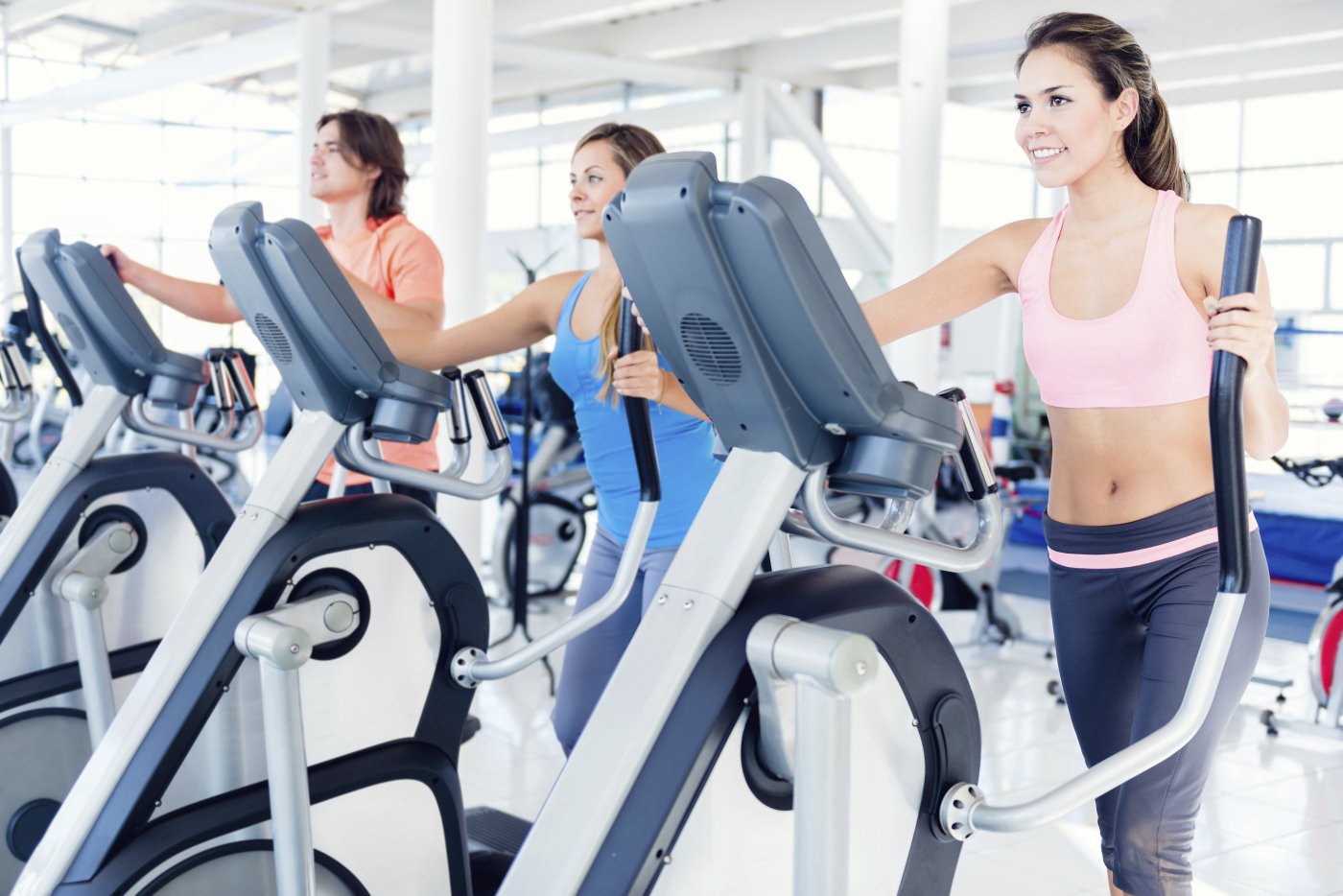If you’re feeling tired, have trouble getting work done, and can’t seem to focus, a nap may be the solution to your problems. According to the National Sleep Foundation (NSF), taking a short nap is a great way to improve your alertness and performance on mental activities. We all know the feeling of exhaustion that comes with being a college student, especially around midterm season. If you’re feeling tired throughout the day, it may be beneficial for you to increase your short-term alertness with a just a 20- to 30-minute nap.
For a longer span of increased alertness and performance, some research has shown that a longer nap may help. A study done in 2010 at UC Berkeley found that an hour-long nap can significantly restore your cognitive abilities. While you sleep, it is believed that your short-term memory storage is cleared to allow room for more information. So, while you’re cramming for a midterm, it may be more beneficial to your learning to take a break while you’re studying and get some rest. However, if you do decide to take a longer nap, be aware that sleep inertia can occur. Sleep inertia is when you feel disoriented and groggy following sleep because you’ve been woken up from a deeper sleep. This feeling usually lasts up to half an hour, but be wary of falling into too deep a sleep if you need your mental performance to be strong right after a nap.
Both short and long naps have benefits and drawbacks, so decide what works best for you during your day. Just try to make sure that your brain has the rest it needs, especially when you have a lot of studying to do. Here are a few recommendations from the NSF for how to get the most out of your naps:
- Make sure that the room you’re sleeping in is comfortable, warm, quiet, and dark.
- Take a nap in the middle of the day. Sleeping in the late afternoon or evening may impair your ability to fall asleep that night. It’s also difficult to sleep too early in the day since your body won’t be tired yet.
- Be wary of sleep inertia if you nap for more than 10 to 20 minutes and make sure that you have a little bit of time after your nap to fully wake up before you need to use your brain again.
Article by Mandy Honeychurch
Feature Image Source: Independent
























